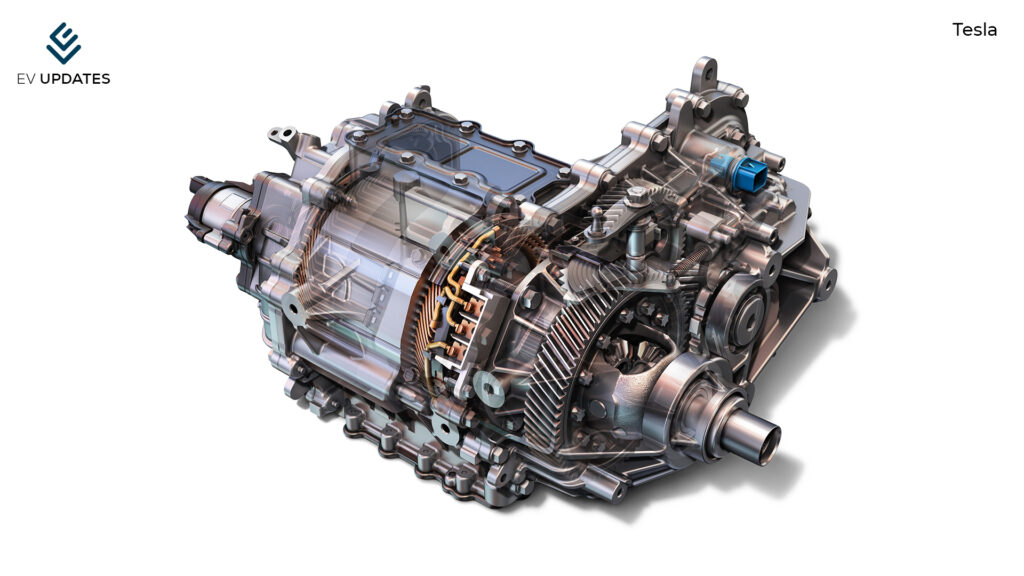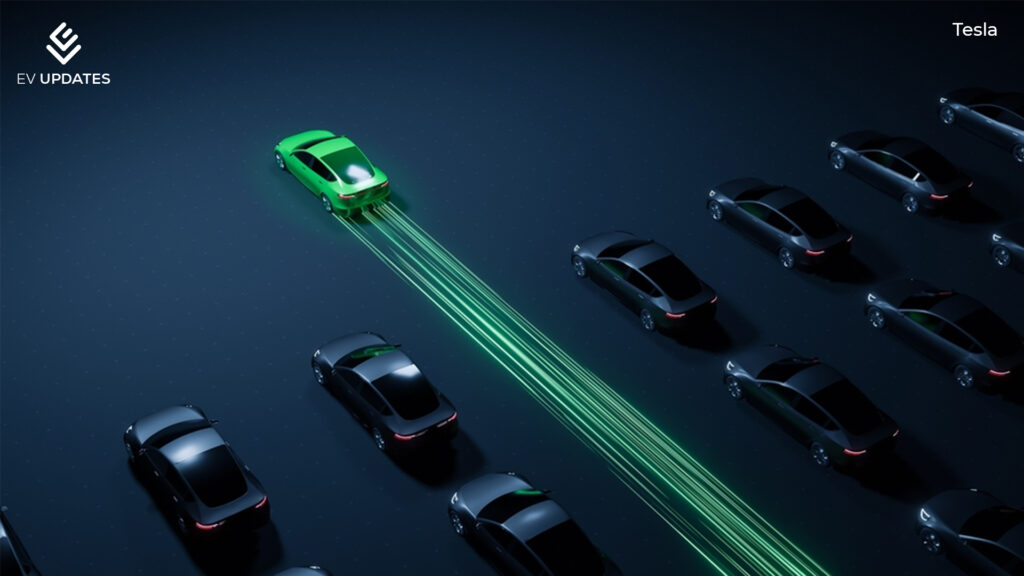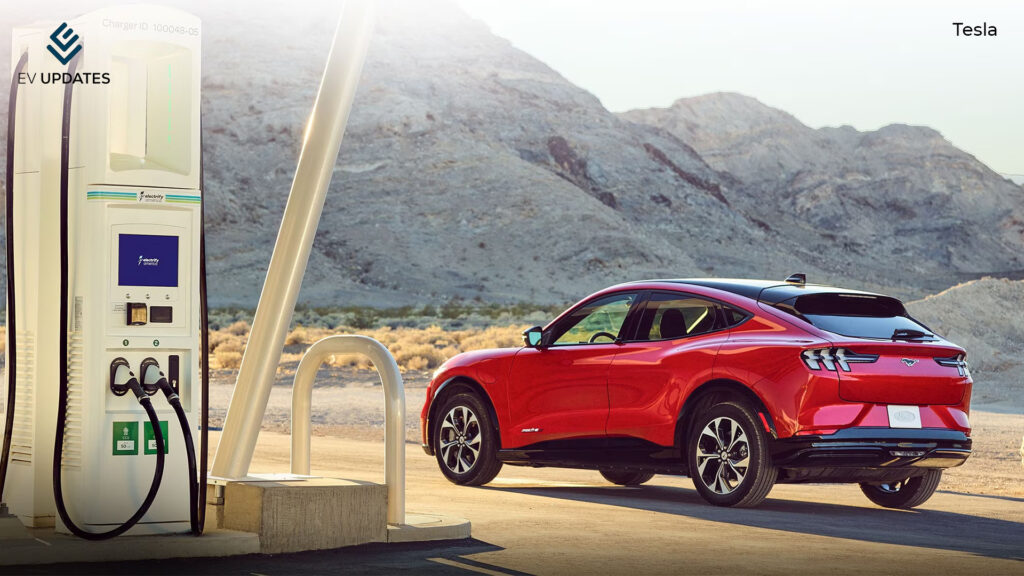In the world of electric vehicles (EVs), one of the key considerations when designing an electric motor is the balance between torque & speed. While both torque & speed are important, electric vehicle motors prioritize high torque over high speed.
Understanding Torque & Speed
Before we delve into the reasons why high torque is essential for electric vehicle motors, let’s briefly understand the concepts of torque & speed.
Torque: Torque refers to the rotational force produced by an electric motor. It is responsible for generating the power needed to move the vehicle. In simpler terms, torque determines how quickly an electric vehicle can accelerate or climb hills.
Speed: Speed, on the other hand, is the measure of how fast an object or vehicle is moving. In the context of electric vehicles, speed refers to how quickly the wheels rotate.

The Importance of High Torque
- Optimal Acceleration : Electric vehicles require high torque to achieve rapid acceleration from a standstill. When you step on the accelerator pedal of an EV, the high torque generated by the motor allows the vehicle to quickly reach the desired speed. This is particularly beneficial in city driving conditions, where frequent acceleration is necessary.
- Enhanced Towing Capacity: Electric vehicles designed for towing or hauling heavy loads need high torque to ensure they can handle the additional weight. The high torque produced by the motor allows the EV to exert greater force, enabling it to tow trailers or carry heavy cargo effortlessly.
- Improved Hill Climbing: Electric vehicles with high torque can conquer steep inclines and hills with ease. The powerful torque output enables the motor to overcome the gravitational forces acting against the vehicle’s ascent. This is particularly advantageous in mountainous terrains or regions with challenging topography.
- Efficient Regenerative Braking: Regenerative braking is a feature commonly found in electric vehicles, which allows the motor to act as a generator and recharge the battery when the vehicle decelerates or brakes. High torque motors facilitate effective regenerative braking, as they can generate more electrical energy when the vehicle slows down, thereby increasing the overall energy efficiency.

Balancing Torque & Speed
While high torque is vital for electric vehicle motors, it’s important to strike the right balance with speed. Electric motors operate within specific RPM (revolutions per minute) ranges, and optimizing the torque-speed curve is crucial to achieve maximum performance and efficiency.
- Efficiency Optimization : Electric vehicle manufacturers carefully design the motor’s torque-speed curve to ensure optimal efficiency across various driving conditions. This involves finding the right balance between torque & speed to minimize energy losses and maximize the range of the vehicle.
- Transmission Systems : Some electric vehicles incorporate multi-speed transmission systems to further optimize the torque-speed balance. These transmissions allow the motor to operate at its most efficient RPM range during different driving scenarios, such as low-speed city driving or high-speed highway cruising.

torque & speed : Conclusion
In conclusion, high torque is a fundamental requirement for electric vehicle motors. It enables quick acceleration, enhances towing capacity, aids in conquering steep inclines, and facilitates efficient regenerative braking. While speed is also important, electric vehicle manufacturers prioritize high torque to deliver optimal performance and efficiency. Striking the right balance between torque & speed is crucial for achieving an exceptional driving experience while maximizing the range of electric vehicles.
FAQs (Frequently Asked Questions)
Can high torque affect the range of an electric vehicle?
No, high torque does not directly affect the range of an electric vehicle. However, the efficient utilization of torque can impact the overall energy efficiency, which, in turn, can influence the range.
Are electric vehicles with high torque more expensive?
Not necessarily. The cost of an electric vehicle depends on various factors, including the motor’s specifications, battery capacity, and overall vehicle design. While high-performance electric vehicles may have more powerful motors, affordable options with adequate torque are also available.
Are there any disadvantages to high torque in electric vehicle motors?
High torque motors may draw more electrical power, which can impact the range of the vehicle if not optimized properly. Additionally, managing heat dissipation in high torque applications can be a design challenge.
Can high torque cause excessive wear on the motor?
Electric vehicle motors are designed to handle high torque applications without excessive wear. However, continuous aggressive driving or frequent overloading can lead to increased wear and tear.
Can high torque affect the range of an electric vehicle?
No, the torque output of electric vehicles varies based on the motor’s specifications and design choices made by different manufacturers. Some electric vehicles prioritize higher torque, while others focus on achieving a balance between torque & speed.
















